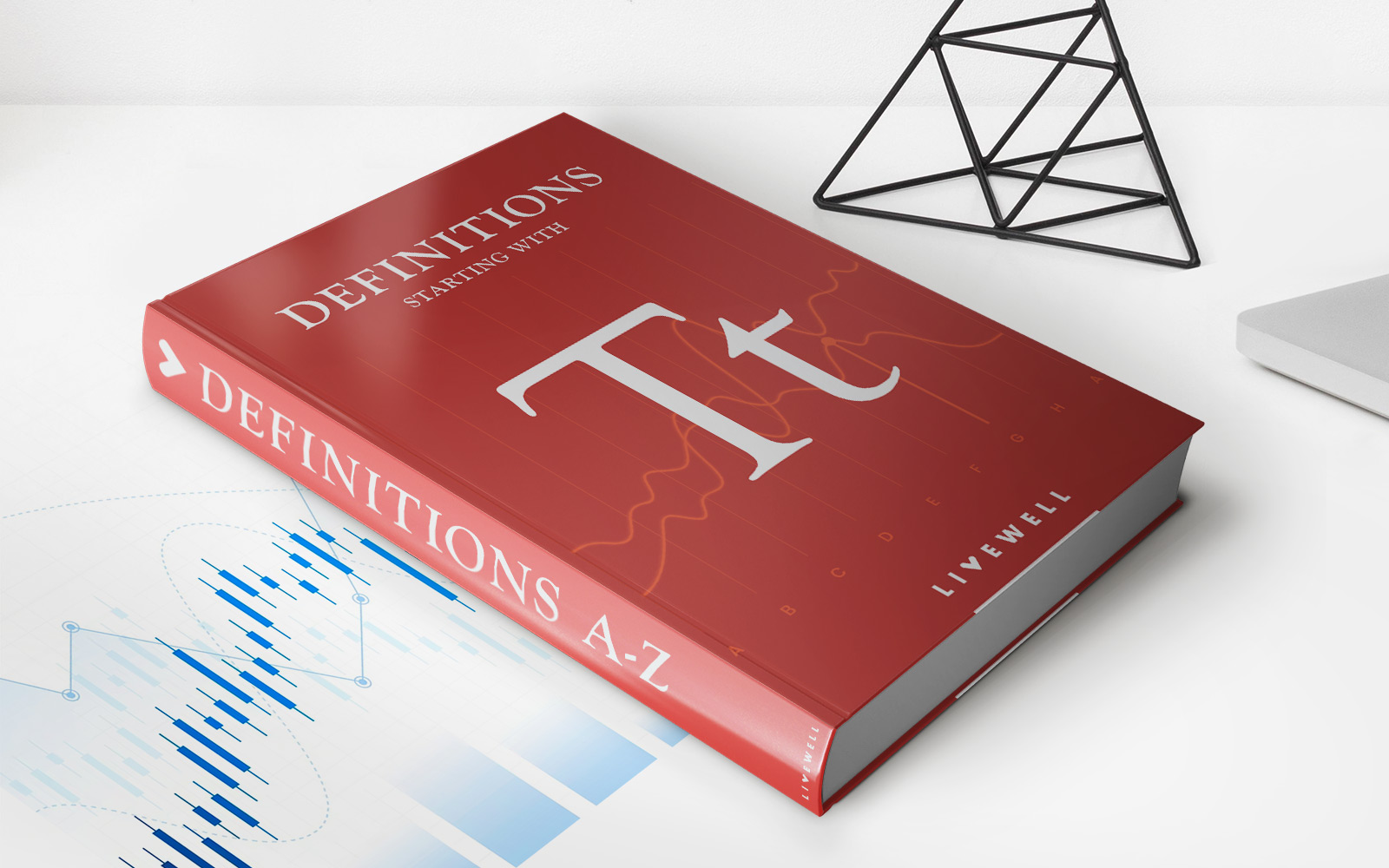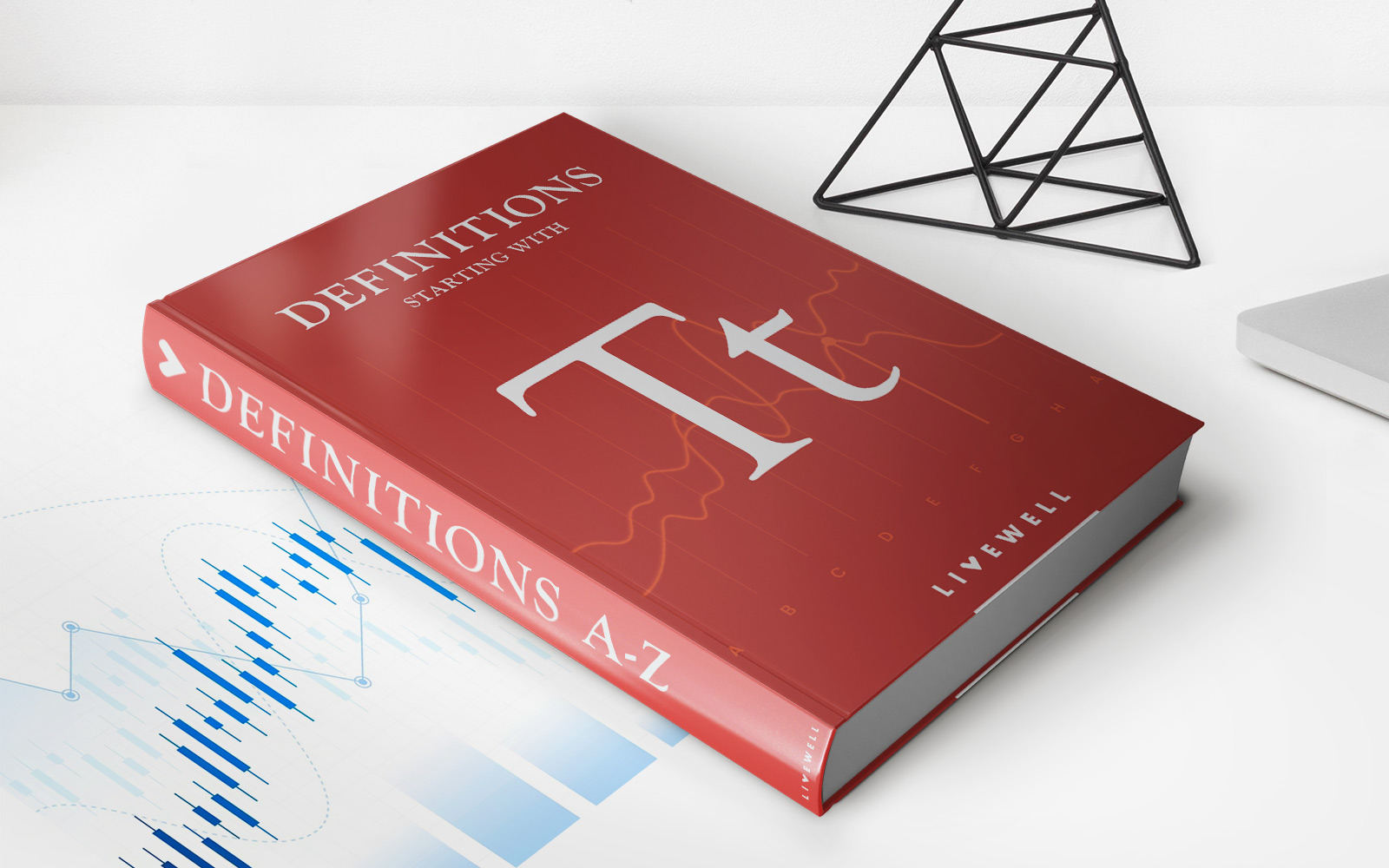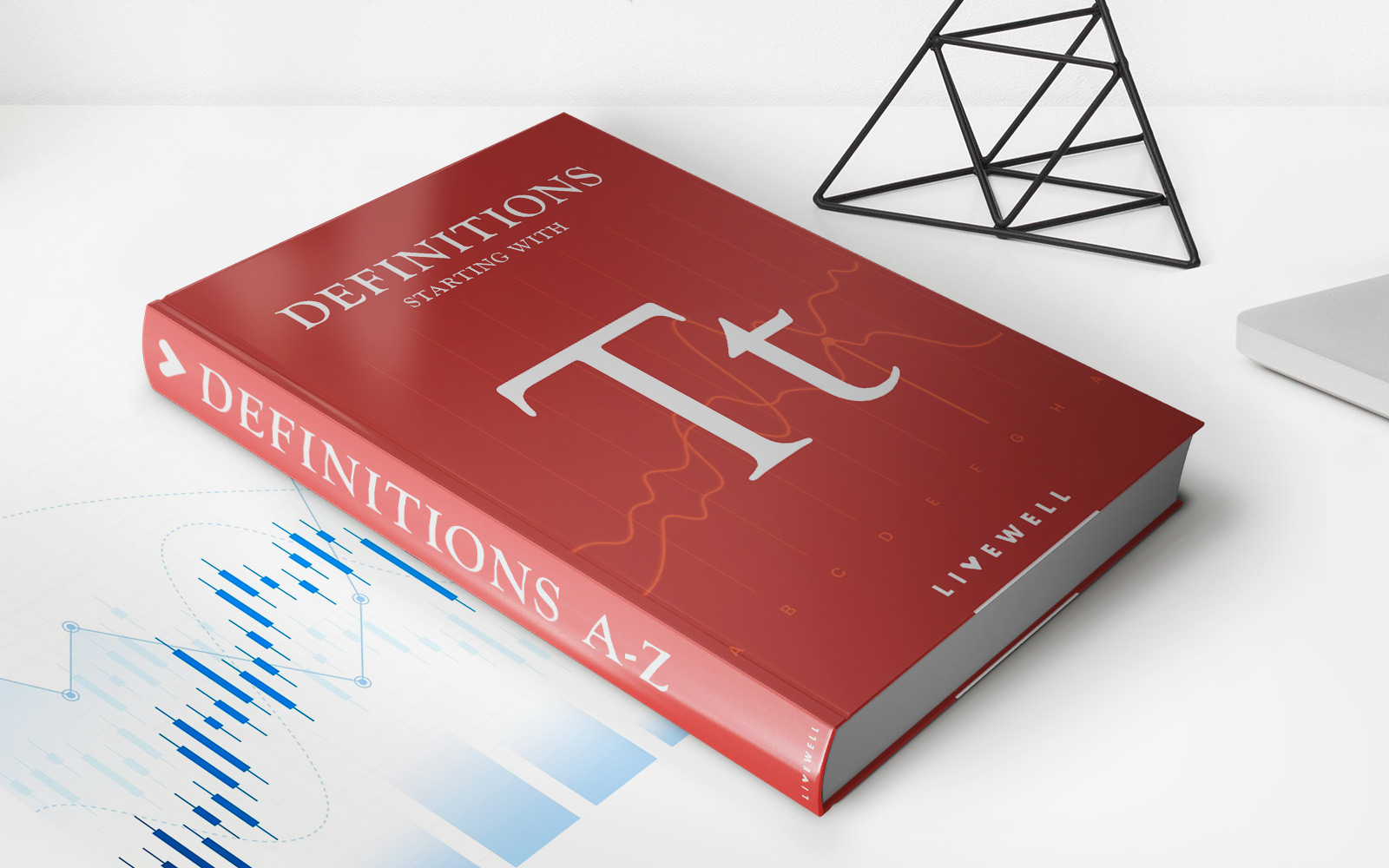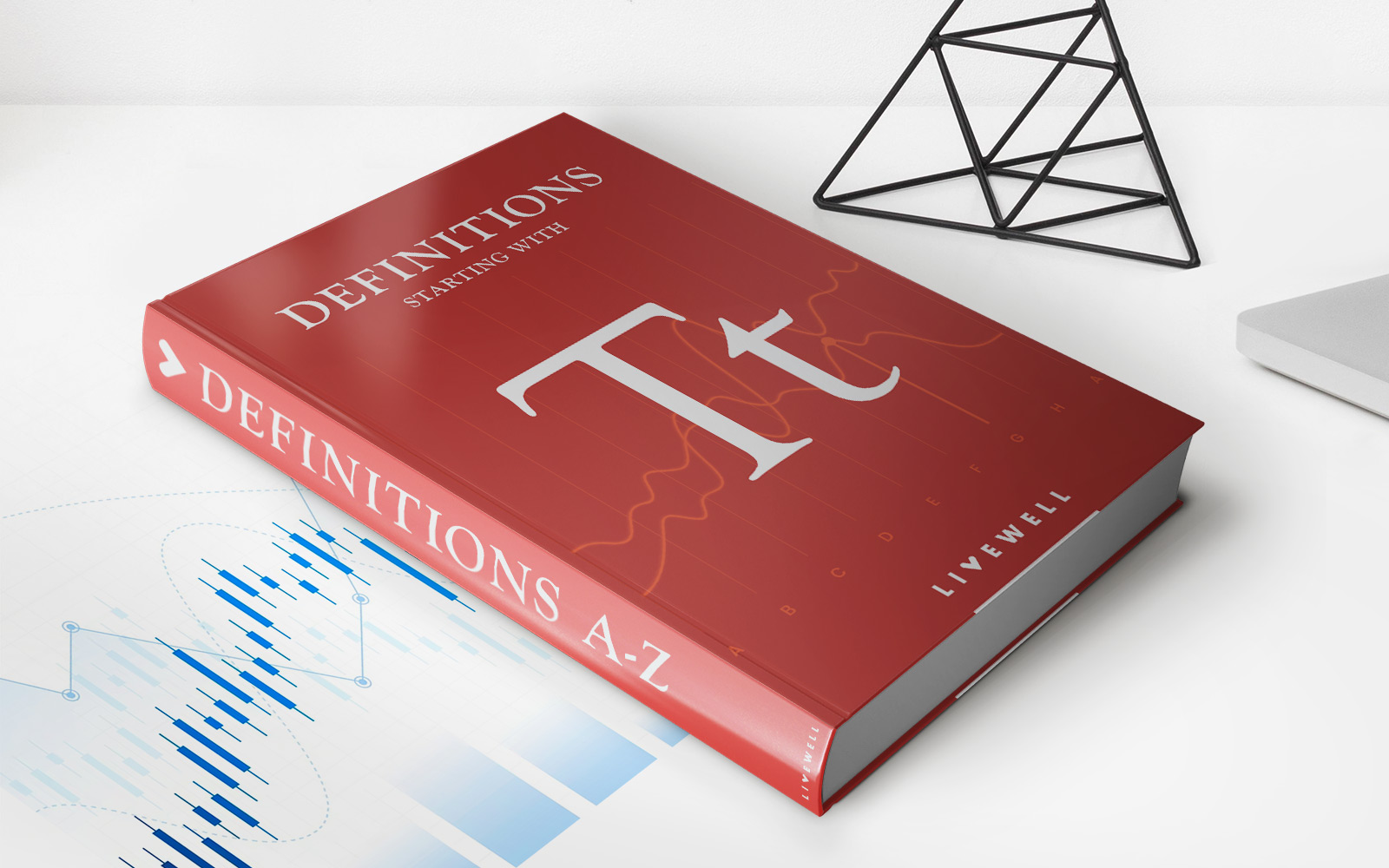

Finance
What Is Considered Tier 1 Credit
Published: January 13, 2024
Discover what is considered tier 1 credit and its importance in the world of finance. Unlock better loan rates and financial opportunities.
(Many of the links in this article redirect to a specific reviewed product. Your purchase of these products through affiliate links helps to generate commission for LiveWell, at no extra cost. Learn more)
Table of Contents
Introduction
When it comes to financing major purchases like a home or a car, having good credit is essential. Lenders evaluate your creditworthiness based on various factors, and one important aspect they consider is your credit tier. Credit tiers are categorized based on credit scores and play a significant role in determining the interest rates and loan terms you may be eligible for.
One of the most coveted credit tiers is Tier 1, often referred to as “prime credit.” Individuals with Tier 1 credit enjoy a range of benefits, including lower interest rates, flexible loan terms, and higher borrowing limits. Understanding what qualifies as Tier 1 credit and how to achieve it is essential if you want to secure the best financing options available.
In this article, we will delve into the details of Tier 1 credit, exploring its definition, benefits, criteria, and how it differs from Tier 2 credit. We will also provide insights on how to qualify for Tier 1 credit and discuss its importance in the world of personal finance.
Definition of Tier 1 Credit
Tier 1 credit is a classification used by lenders to identify borrowers with the highest creditworthiness. It represents individuals who have demonstrated a responsible borrowing history and have maintained excellent credit scores. In simple terms, Tier 1 credit indicates that you are a low-risk borrower in the eyes of lenders.
Typically, individuals with Tier 1 credit scores fall within the range of 720 to 850, as per the FICO credit scoring model. However, the specific credit score requirements may vary depending on the lender and the type of loan being sought. It’s important to note that different credit bureaus may have slightly different scoring models, so the specific credit score cutoff for Tier 1 credit can vary.
Having Tier 1 credit provides borrowers with several advantages. Lenders view Tier 1 borrowers as highly reliable and are more willing to offer them favorable terms, such as lower interest rates and fees, longer repayment periods, and higher borrowing limits. This credit tier is associated with the best financing options available in the market, enabling borrowers to save money and have more flexibility with their loan terms.
Benefits of Tier 1 Credit
Having Tier 1 credit comes with a range of benefits that can greatly impact your financial well-being. Let’s explore some of the advantages that individuals with Tier 1 credit enjoy:
- Lower interest rates: One of the key benefits of Tier 1 credit is the ability to secure loans with lower interest rates. Lenders view individuals with excellent credit scores as less risky, and therefore, reward them with more favorable interest rates. This can result in significant savings over the life of a loan.
- More financing options: Tier 1 credit opens up a wider range of financing options. Lenders are more willing to offer Tier 1 borrowers various loan products and services, including mortgage loans, auto loans, and personal loans, with competitive terms and conditions.
- Favorable loan terms: Borrowers with Tier 1 credit often enjoy more flexible loan terms. This can include longer repayment periods, allowing for lower monthly payments, or shorter repayment periods to pay off the loan more quickly. Additionally, Tier 1 borrowers may have the option to choose between fixed or variable interest rates.
- Higher borrowing limits: Individuals with Tier 1 credit are often offered higher borrowing limits. This means that they can access larger loan amounts, providing more purchasing power for significant investments such as buying a home or financing a business.
- Easier approval process: Lenders tend to streamline the approval process for Tier 1 borrowers. With their strong credit history, these borrowers are considered low-risk, making it more likely for their loan applications to be approved quickly and smoothly.
- Improved negotiating power: Tier 1 credit gives borrowers increased negotiating power when it comes to loan terms and conditions. With their strong credit profile, borrowers with Tier 1 credit may have the ability to negotiate for even better loan terms or secure additional discounts from lenders.
Overall, the benefits of Tier 1 credit can provide significant advantages, allowing borrowers to save money, access a wider range of financing options, and have greater flexibility with their loan terms.
Criteria for Tier 1 Credit
Attaining Tier 1 credit requires meeting certain criteria that demonstrate your creditworthiness and responsible financial behavior. While specific requirements may vary among lenders, credit bureaus, and loan types, here are some common factors that contribute to being classified as Tier 1 credit:
- Excellent credit score: Tier 1 credit is typically associated with individuals who have excellent credit scores. To qualify, you generally need a credit score in the range of 720 to 850, although this can vary depending on the scoring model used. A high credit score is an indication of responsible credit management, including on-time payments and a low credit utilization ratio.
- Clean credit history: Lenders prefer borrowers who have a clean credit history with minimal negative marks. This means having a record of timely payments, avoiding late payments, bankruptcies, foreclosures, or collections. Any negative marks can significantly impact your credit standing and hinder your chances of being classified as Tier 1 credit.
- Stable employment and income: Lenders consider your employment history and income stability when evaluating your creditworthiness. Having a steady job and a consistent income demonstrate your ability to meet your financial obligations. In general, lenders prefer borrowers who have been employed with the same employer for at least two years.
- Low debt-to-income ratio: Your debt-to-income (DTI) ratio is a measurement of your monthly debt obligations compared to your monthly income. A lower DTI ratio indicates that you have a lower level of debt in proportion to your income. Lenders prefer borrowers with a DTI ratio below 36%, although some may have slightly different thresholds.
- Variety of credit types: Lenders also look at the variety of credit types in your credit history. Maintaining a healthy mix of credit, such as credit cards, installment loans, and mortgages, shows that you can responsibly manage different types of credit and can contribute positively to your credit score.
- Length of credit history: The length of your credit history is another factor considered. Generally, a longer credit history demonstrates years of responsible credit management, making you a more attractive borrower. Lenders typically prefer borrowers who have at least three to five years of credit history.
Meeting these criteria and maintaining a strong credit profile can help you qualify for Tier 1 credit and unlock the associated benefits.
Differences between Tier 1 and Tier 2 Credit
While Tier 1 and Tier 2 credit are both considered good credit tiers, there are some key differences between the two. Understanding these distinctions can help you better gauge your creditworthiness and identify the potential benefits and limitations associated with each tier. Here are the main differences:
- Credit score range: Tier 1 credit is typically associated with individuals who have excellent credit scores, ranging from 720 to 850. On the other hand, Tier 2 credit is considered good credit but falls slightly below the highest tier. The exact credit score range for Tier 2 credit can vary depending on the lender and credit scoring model, but it generally falls between 660 and 719.
- Interest rates and loan terms: Tier 1 credit is associated with lower interest rates and more favorable loan terms. Borrowers with Tier 1 credit can often secure loans with the lowest interest rates available in the market, resulting in potential savings over the life of the loan. They may also enjoy more flexible loan terms, including longer repayment periods and higher borrowing limits. Tier 2 credit borrowers, while still considered low-risk, may have slightly higher interest rates and less advantageous loan terms compared to Tier 1 borrowers.
- Loan options: Tier 1 credit borrowers have access to a wider range of loan options, including mortgage loans, auto loans, personal loans, and credit cards, often with more competitive terms. Tier 2 credit borrowers may still qualify for these loan types but may have to contend with slightly higher interest rates and more limited options.
- Approval process: Due to their higher creditworthiness, Tier 1 borrowers generally have a smoother and faster approval process. Lenders view individuals with Tier 1 credit as low-risk borrowers, which can streamline the underwriting process. Tier 2 borrowers may also experience a relatively smooth approval process but may face slightly more scrutiny and documentation requirements compared to Tier 1 borrowers.
- Perceived risk: Tier 1 credit borrowers are perceived as very low-risk by lenders, indicating a long history of responsible credit management and financial stability. Tier 2 borrowers, while still considered good credit, may be seen as a slightly higher risk due to a slightly lower credit score or other factors in their credit history.
It’s important to note that while there are differences between Tier 1 and Tier 2 credit, both tiers signify good credit standing and offer advantages over lower credit tiers. Ultimately, the specific benefits and terms offered will depend on the lender’s policies and your individual financial circumstances.
How to Qualify for Tier 1 Credit
Qualifying for Tier 1 credit requires diligence in managing your credit and financial responsibilities. While specific requirements may vary among lenders, here are some key steps you can take to maximize your chances of attaining Tier 1 credit:
- Maintain a good credit score: Your credit score is a crucial factor in determining your credit tier. To qualify for Tier 1 credit, aim for an excellent credit score, typically in the range of 720 to 850. Achieving this requires making payments on time, keeping your credit utilization ratio low, and maintaining a healthy credit mix.
- Promptly pay all bills and debts: Paying your bills and debts on time demonstrates responsible financial behavior. Late payments can negatively impact your credit score and hinder your chances of qualifying for Tier 1 credit. Set up automatic payments or use reminders to ensure timely payments.
- Manage your credit utilization: The amount of credit you utilize compared to your total available credit, known as credit utilization ratio, is an important factor in credit scoring. Keeping your credit utilization below 30% is ideal for maintaining a good credit score and improving your chances of earning Tier 1 credit.
- Monitor your credit report: Regularly reviewing your credit report allows you to identify and dispute any errors or fraudulent activity. Stay vigilant and address any discrepancies promptly to ensure the accuracy of your credit profile, which can affect your credit tier.
- Limit new credit applications: Applying for multiple new credit accounts in a short period can raise concerns among lenders. Avoid unnecessary credit applications, as each application typically triggers a hard inquiry on your credit report, which can temporarily lower your credit score.
- Maintain a stable employment and income: Lenders want to ensure that borrowers have a stable source of income to meet their financial obligations. Staying employed with a consistent income stream helps demonstrate your ability to repay loans and can positively impact your creditworthiness.
- Minimize outstanding debts: Ideally, aim to keep your outstanding debts at a manageable level. Paying down existing debts and not taking on excessive new debts can improve your creditworthiness and increase your chances of qualifying for Tier 1 credit.
By following these practices consistently and maintaining responsible financial habits, you can increase your likelihood of qualifying for Tier 1 credit.
Importance of Tier 1 Credit
Tier 1 credit holds significant importance in the world of personal finance. It opens up doors to various financial opportunities and provides access to favorable terms and conditions. Here are some reasons why Tier 1 credit is important:
- Lower interest rates: Having Tier 1 credit allows you to secure loans and credit at lower interest rates compared to lower credit tiers. This can result in substantial savings over time, especially for long-term loans, such as mortgages or auto loans.
- More financing options: Tier 1 credit widens your range of financing options. Lenders are more willing to extend credit with favorable terms to individuals with excellent credit. This can include various types of loans, such as personal loans, business loans, and credit cards, providing you with more flexibility in managing your financial needs.
- Better loan terms: Tier 1 credit allows you to enjoy more favorable loan terms. This can include longer repayment periods, adjustable interest rate options, or higher borrowing limits. The improved loan terms give you greater control over your financial situation, allowing for manageable payments and more flexibility in achieving your financial goals.
- Increased leverage in negotiations: With Tier 1 credit, you have stronger negotiating power when dealing with lenders. Financial institutions consider individuals with excellent credit as low-risk borrowers, making them more open to offering better terms, reduced fees, or additional benefits to secure your business.
- Enhanced access to housing and rental opportunities: Many landlords and property management companies perform credit checks as part of their screening process for potential tenants. Having Tier 1 credit can improve your chances of being approved for rental properties and can give you a competitive advantage when searching for housing in competitive rental markets.
- Peace of mind and confidence: Maintaining Tier 1 credit provides a sense of security and financial stability. Knowing that you have excellent credit allows you to navigate financial decisions, such as obtaining loans or credit, with confidence. It provides peace of mind, knowing that you have the backing of a solid credit profile.
Ultimately, Tier 1 credit is crucial for securing the best financing options and favorable terms. It can save you money, provide more financial flexibility, and give you the confidence to make informed financial decisions.
Conclusion
Tier 1 credit is a highly sought-after credit tier that offers numerous benefits and advantages to borrowers. It represents individuals with excellent credit scores and a history of responsible financial behavior. Having Tier 1 credit allows borrowers to secure loans with lower interest rates, more favorable loan terms, higher borrowing limits, and greater negotiating power.
To qualify for Tier 1 credit, individuals must maintain a good credit score, demonstrate responsible credit management, and have a stable employment and income. By consistently practicing good financial habits, such as making timely payments, keeping credit utilization low, and monitoring credit reports, individuals can improve their credit profile and increase their chances of attaining Tier 1 credit status.
The importance of Tier 1 credit cannot be overstated. It provides individuals with a wide range of financial opportunities, increased financial flexibility, and peace of mind. Whether it’s securing a mortgage for a dream home, obtaining a favorable auto loan, or accessing the best credit card offers, Tier 1 credit allows borrowers to save money, access better loan terms, and enjoy more favorable financial options.
Understanding how to qualify for and maintain Tier 1 credit is essential for individuals looking to achieve financial success and secure the best possible financing options throughout their lives. By prioritizing responsible credit management and making informed financial decisions, borrowers can elevate their creditworthiness and benefit from the many advantages that come with Tier 1 credit.














